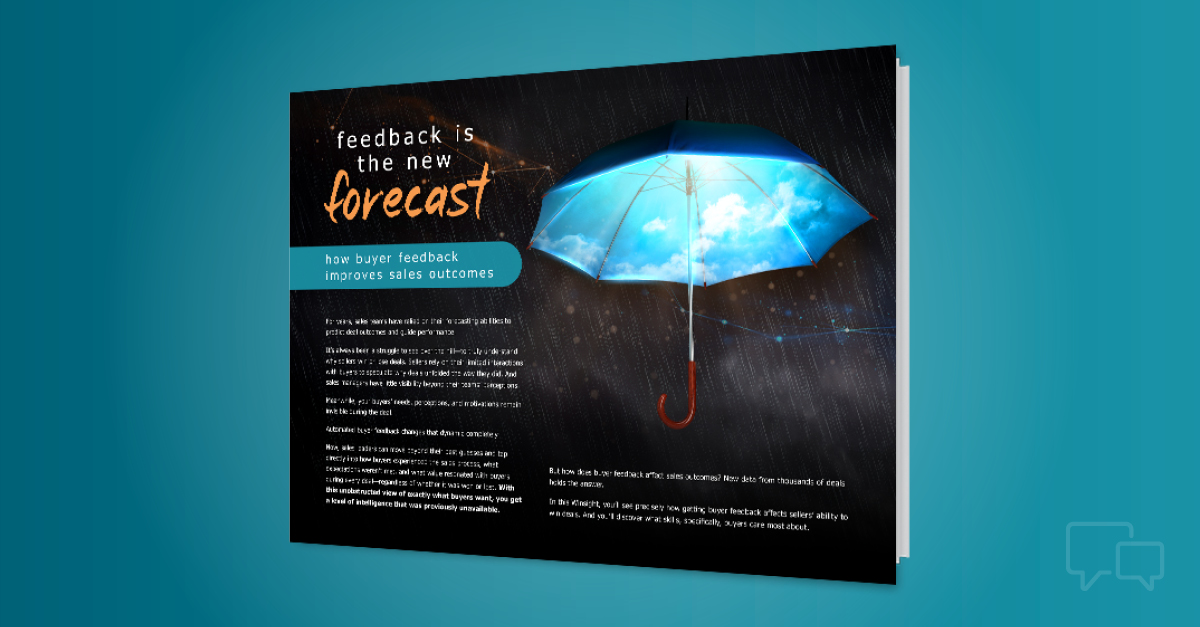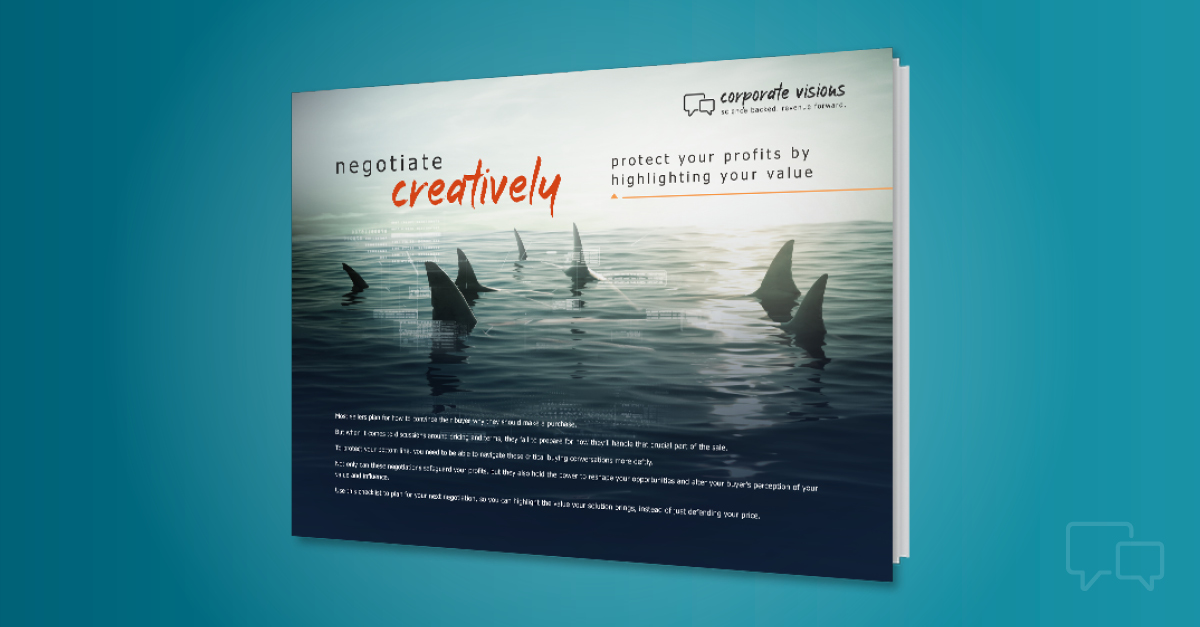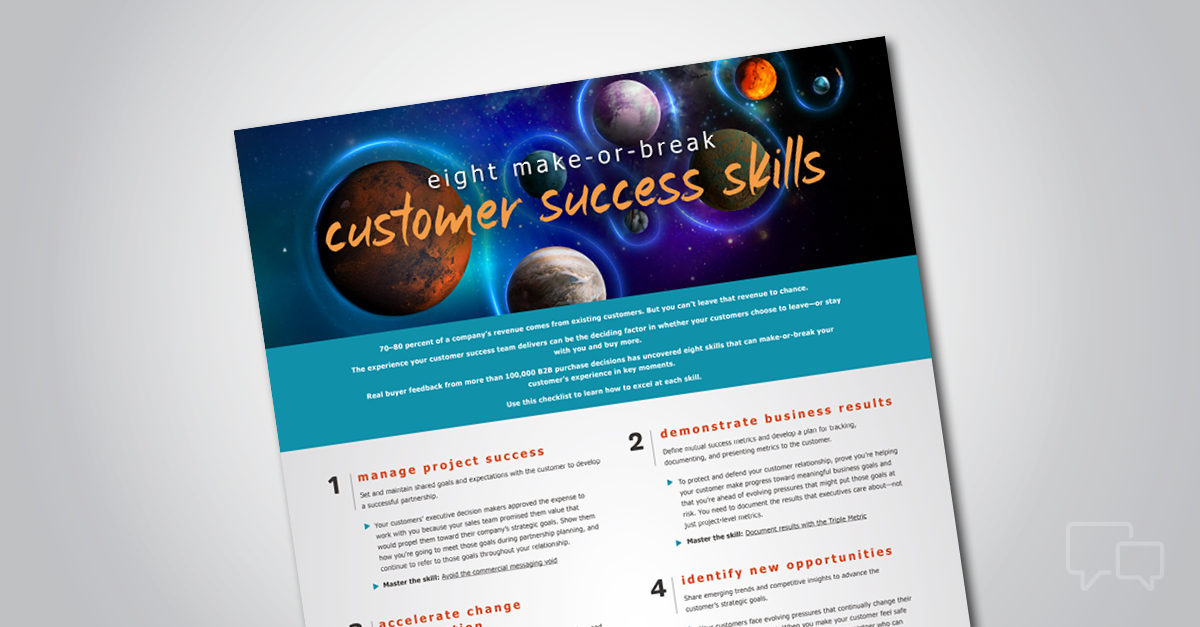PLEASANTON, Calif., March 30, 2016 — Corporate Visions, Inc., the leading marketing and sales messaging, content and skills training company, announced results of an experiment that casts doubt on traditional sales training and coaching approaches. For the experiment, Corporate Visions contracted with Dr. Zakary Tormala, an expert in persuasion and messaging who created the research and conducted the study. Separately, Tormala is a social psychologist at the Stanford Graduate School of Business.
The online experiment, involving more than 300 participants, aimed to measure the persuasive impact of three different sales messaging sequences that varied the presence and timing of selling with insights and diagnostic questions. The study found that participants—by a statistically significant margin—were more positively influenced by a message when an insight came beforediagnostic questions instead of after them.
Specifically, participants were more willing to admit a greater degree of “need” and were more open to possible new solutions. Additionally, the experiment found that switching the order and asking diagnostic questions before delivering an insight produced no more persuasive power than just sharing an insight and skipping such questions altogether.
“These results fly in the face of many sales training programs and most sales coaching advice that recommends reps open their conversations by asking diagnostic-type questions,” said Tim Riesterer, chief strategy officer for Corporate Visions. “Our research confirms that sharing an insight first acts as an ‘anchoring effect’ that, in effect, gives the prospect permission to admit more pain and makes them more open to a persuasive message about a solution to that pain.
“You still need to ask questions to activate and engage the prospect in ‘trying on’ and taking ownership of the issue, but, the research clearly shows that these questions need to be asked after the insight is shared,” Riesterer adds.
To learn more about the study and its findings, download the research brief.





